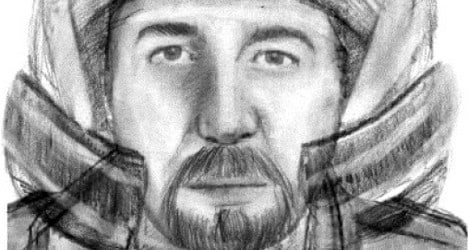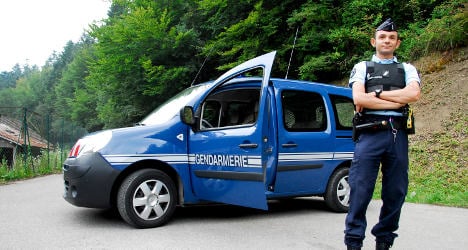French State Prosecutor Eric Maillaud said ex-legionnaire Patrice Menegaldo is the chief suspect in the ongoing investigation into the shooting of Saad al-Hilli, his wife Iqbal, mother-in-law Suhaila and French cyclist Sylvain Mollier.
Menegaldo killed himself last June after being interviewed as a witness to the crime, but not as a suspect.
Police say his profile matches that of the professional hitman, capable of planning and carrying out the cold blooded killings near Annecy, that they believe was behind the murders.
The victims were shot at point blank range on a road near the village of Chevaline in September 2012. The bodies of the al-Hilli family were found in their car, whilst that of the cyclist Mollier was found nearby.
Al-Hilli’s two young daughters narrowly survived.
Prosecutor Maillaud and a team of detectives have been hunting the killer but the probe has so-far failed to find anyone.
Suspicion fell on al-Hilli’s older brother Zaid, who had fought with Saad over their father’s inheritance, as well as on a mystery biker seen neat the scene at the time, but no charges were ever brought.
In an interview for the new book called The Perfect Crime, written by the Daily Mirror newspaper prosecutor Maillaud, revealed that the suspect Menegaldo was acquainted with the French cyclist’s partner.
Both he and Mollier were from the nearby town of Ugine.
The hypothesis at the top of the chain for investigators is a local killing. We have a real suspect. I am referring to the Legionnaire from Ugine,” he said. “Here is a middle-aged man who kills himself and to explain this leaves a letter saying he couldn’t handle being considered a suspect.”
“We are talking about a hardened ex-soldier, someone using a gun, suddenly saying he couldn’t deal with being thought of as a suspect. The investigators are still digging into this man. He had psychological problems.
“Could it, by chance, have been him? Did he regret his actions afterwards and take his own life? Otherwise it is an inexplicable suicide. He had the technical capacity to do what was done that day.”





 Please whitelist us to continue reading.
Please whitelist us to continue reading.
Member comments